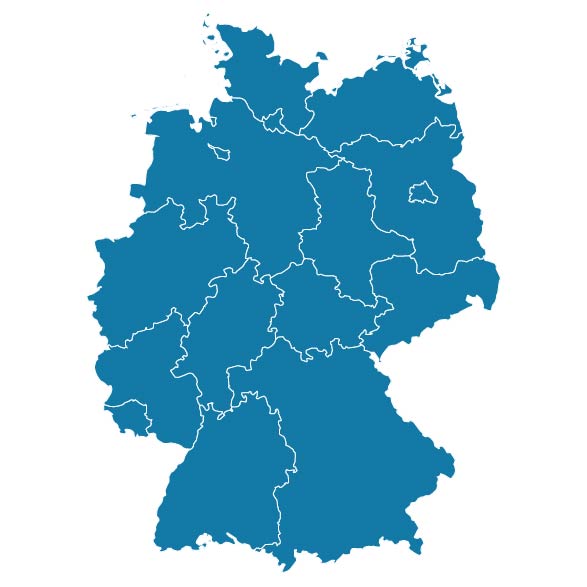Antwort
Thank you for your inquiry and your interest in setting up a business in Germany. We will gladly give you more information.
First of all, it might be relevant to clear up your residential status before you start your business in Germany:
As a citizen of the European Union, Iceland, Liechtenstein, Norway or Switzerland: You are free to move to Germany and to start up your own business.
As a citizen of another country: In order to set up a business in Germany you will need a residence permit for the purpose of self-employment (“Aufenthaltserlaubnis zur Ausübung einer selbständigen Tätigkeit”). Therefore, you will usually need to apply for a visa for the purpose of self-employed occupation at the competent German Mission in your country of residence. Generally there a several criteria which need to be fulfilled. This depends on whether you work as a freelancer (“Freiberufler”) or set up a business as a self-employed entrepreneur (“Gewerbe”). Being self-employed or a freelancer makes a difference with regard to certain formalities and also has an impact in your company’s legal structure. Here you will find out more about the two different ways of setting up a business: http://www.make-it-in-germany.com/en/for-qualified-professionals/working/setting-up-a-business-in-germany/ways-of-setting-up-your-business
Please note that you generally will have to prove that you will be able to finance your undertaking (for example by the way of capital or a loan commitment) and be able to make a living for yourself in Germany.
If you are already in Germany, you should check whether your current residence status enables you to start your own business. Therefore, we highly recommend you to get in touch with your competent foreigner’s authority (“Ausländerbehörde”) to clear up if your residence permit also enables you to set up a business. You can also contact the hotline “Working and Living in Germany” under the telephone number +49 30 1815 – 1111 (http://www.make-it-in-germany.com/en/for-qualified-professionals/about-the-portal/contact/hotline). Counseling sessions are in English or German.
Germany supports entrepreneurs with a number of funding programs. Most of these funding programs consist of public loans, which offer you better conditions with regard to their interest, loan periods and repayment terms. In order to apply for such funding, your place of residence and your company’s operations must be located in Germany. On “Make it in Germany” you will find more information on financing and funding: http://www.make-it-in-germany.com/en/for-qualified-professionals/working/setting-up-a-business-in-germany/financing-and-funding#funding-programmes
Furthermore, there are many public information centers, which offer special workshops to advise you how to set up your own business. These courses are concerned with special startup topics, such as writing up a business plan (https://www.make-it-in-germany.com/en/for-qualified-professionals/working/setting-up-a-business-in-germany/business-plan-startup-guideline) or on financing. There are different organizations offering such training courses. Especially the Chambers of Industry and Commerce (IHK) and the Chambers of Crafts (HWK). A large selection of courses can also be found on KURSNET (http://www.kursnet.arbeitsagentur.de/kurs/portal). Similarly, the “Volkshochschulen” adult education centers are suitable points of contact (https://www.volkshochschule.de/programmbereiche.html). Additional information is listed on the Startup Portal: http://www.existenzgruender.de/EN/Die-ersten-Schritte/Beratung-Information/inhalt.html
Keep in mind, that while operating in Germany, a good command of German is important. Even as you prepare your business, you will find that many official documents are available in German only. If your German is not good enough yet, you should make sure to take a language course before you set up your business. Some advanced courses have a special focus on the business world: http://www.make-it-in-germany.com/en/for-qualified-professionals/training-learning/the-german-language
Source: Justina Alichniewicz
Economist
Projekt „Make it in Germany“
Institut der deutschen Wirtschaft Köln e.V.
Mai 2018
Notice from the editor:





